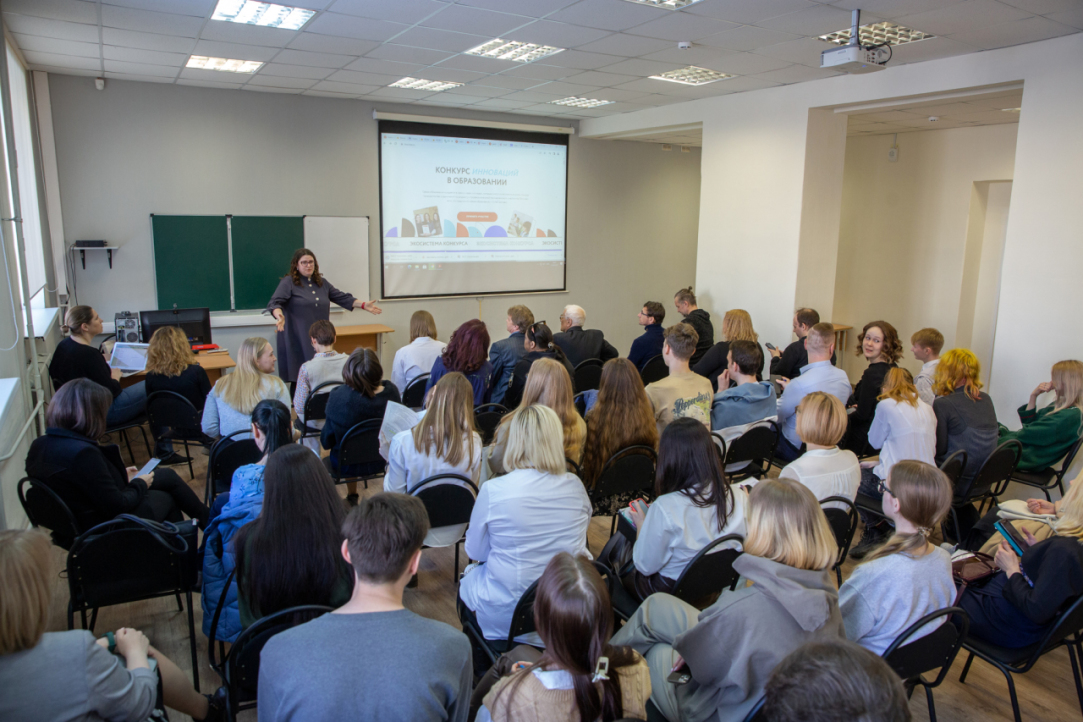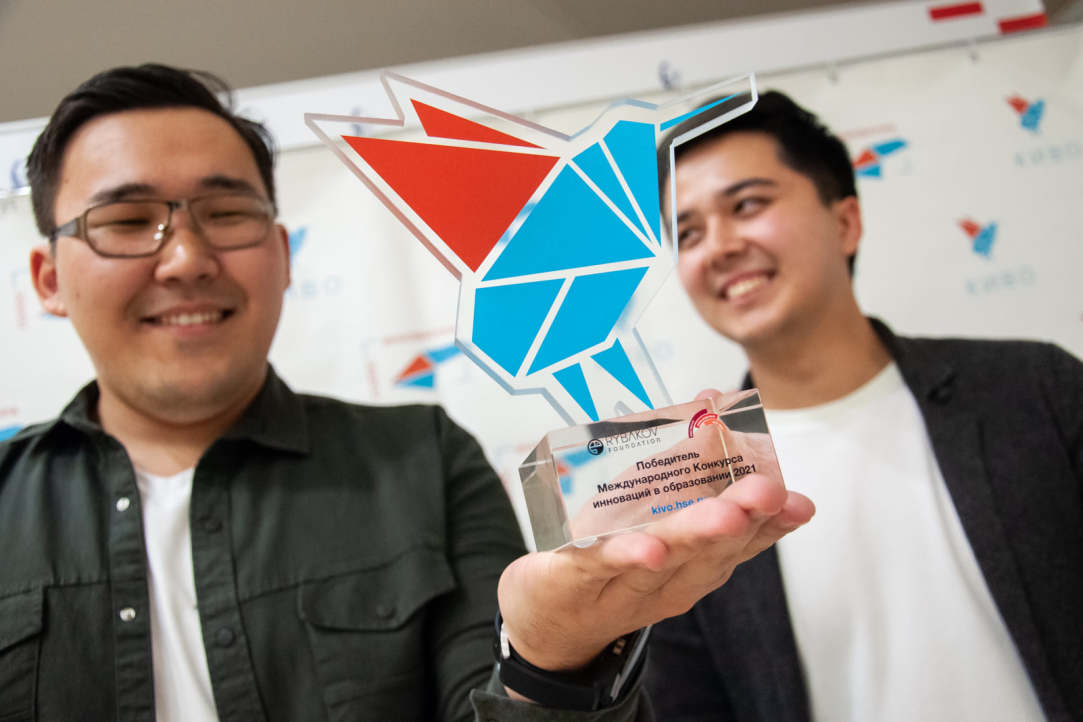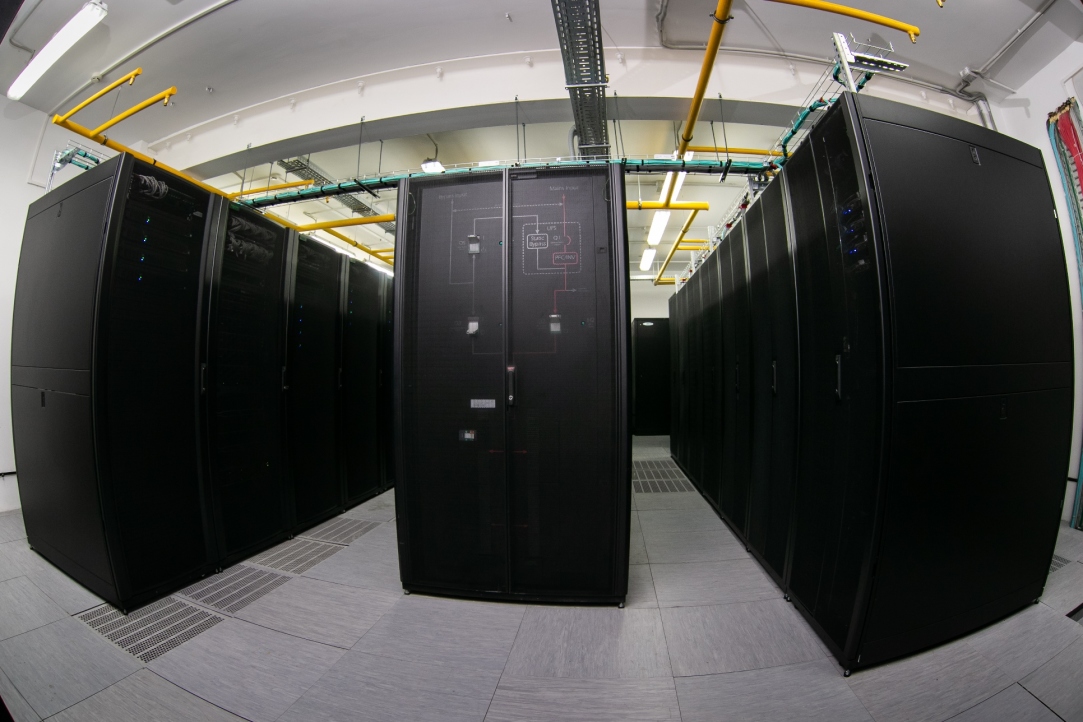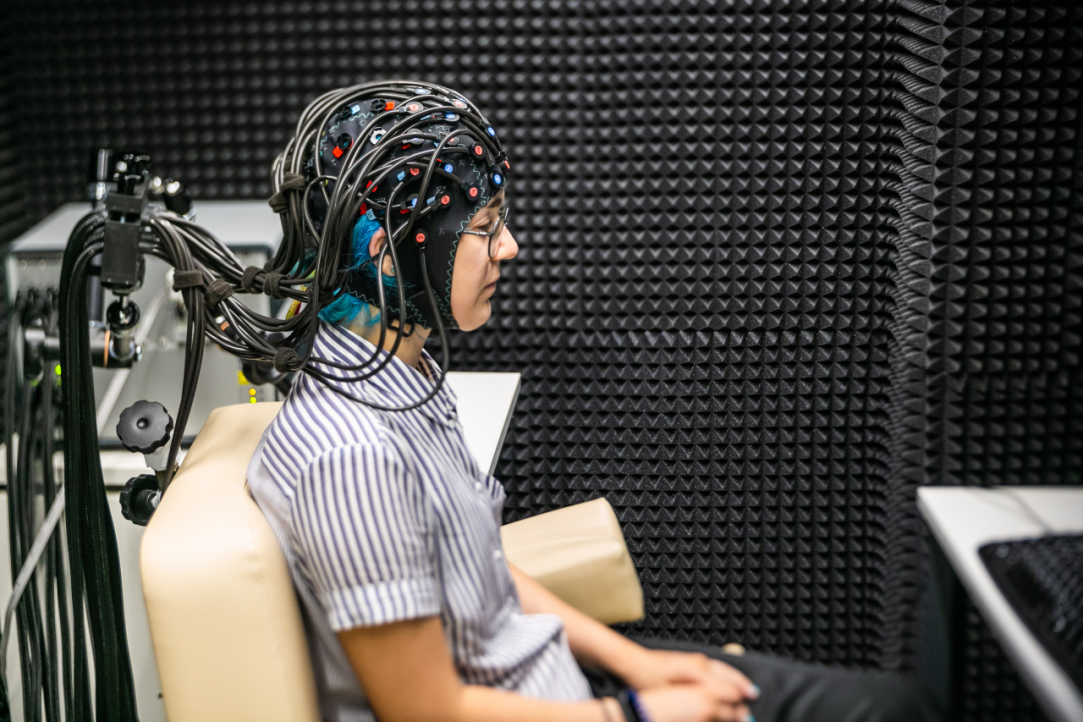
KIVO ‘Nursery’ for Education Projects Held in Perm
The Perm campus of HSE University has hosted the KIVO Nursery pre-accelerator for educational projects. The projects will be presented at the KIVO 2022 Competition of Innovations in Education. Dozens of innovators from the Perm region took part, pitching their projects and receiving feedback from experts. The event also featured the presentation of the preliminary results of the HSE University Institute of Education expedition ‘The Ecosystem of Educational Innovations in the Perm Region’.

HSE University Assesses the Impact of Global Trends on Russian Education
Russian respondents positively assessed trends of co-authorship between students and teachers in the learning and teaching process, the need to ensure equal access to education for all categories of the population, and the trend towards ‘humanising’ education.

Modern Art on Ice: HSE Business Incubator Launches ArtBotMoscow
Artists and designers from anywhere in the world will be able to display their work on the ice of Chistye Prudy in the centre of Moscow. Those interested should take part in the ArtBotMoscow competition organised by the HSE University Business Incubator. The winning sketch will be printed on the ice by a robot.

Civic Chamber of the Russian Federation Announces Winners of Two Innovation Competitions
The winners of the KIVO Education Innovation Competition and the Innovator’s Voice all-Russia contest of youth social and educational innovations have been announced. Both competitions were organized by HSE University: KIVO 2021 in partnership with the Rybakov Foundation with support from the Agency for Strategic Initiatives, and Innovator’s Voice with support from the Federal Agency for Youth Affairs.

Flexible Yet Stable: What a Legal System in a Digital Era Should Look Like
The transformation of all aspects of economic and public life due to new technologies necessitates the development of a legal framework for the application of innovation. The HSE Faculty of Law has hosted the 10th international scientific-practical conference ‘Law in the Digital Era’ online. The participants included a wide range of experts from Russian and international universities, public bodies and other organisations.

HSE Supercomputer Doubles Its Performance
The peak performance of the HSE cHARISMa supercomputer has doubled, reaching 2 petaflops (2 quadrillion floating-point operations per second). HSE University now outperforms the Kurchatov Institute in terms of computing power. The only more powerful university computers are MSU’s Lomonosov-2 and SPbPU’s Polytechnic. Thanks to the timely upgrade, cHARISMa has retained its respectable 6th position among the Top 50 most powerful computer systems in the CIS for three years.

‘If We Can’t Prevent the Robot Invasion, We Should Lead It’
The induction of the MuseNet deep neural network into the Russian Union of Composers in April 2021 has interesting implications—will artificial intelligence edge live performers out of their profession? Evgenia Evpak, composer, teacher at the HSE Faculty of Communications, Media, and Design and graduate of the HSE ISSEK Master’s programme in Governance of Science, Technology and Innovation, believes that humans still have a future in the music industry.

Lasers, Magnetic Stimulation and a Robotic Arm: How Researchers at HSE University Study the Brain
The Institute for Cognitive Neuroscience (ICN) at HSE University has recently added state-of-the-art laboratory equipment to its range of tools for studying brain function. The News Service visited the Institute to learn more about the uses of infrared lasers, optical tomography and a unique robotic arm, as well as why research into vascular tone is important, which parts of the brain can be stimulated to make people more generous, and how the Institute’s research can help treat diseases.

‘It Is a Good Time to Try to Make the “Space Dream” Come True’
How to bring together artificial intelligence, robotics and art? Will a robotic artist be commercially successful? Does the state need private space companies? What difficulties can entrepreneurs who decide to pursue Elon Musk’s path expect? Graduates of the HSE Department of Innovation Management have tried to answer these and other questions. At their theses defence, Davit Meliksetyan and Alexei Baskakov presented their studies on ‘Start-Up as a Thesis’ about creating one’s own business projects. The HSE News Service talked to the graduates about the topic of their theses, and their relevance and potential for the future.
‘I Want Blind People to Be Able to Use Everything Other People Use’
On June 10th, the Cultural Centre hosted the open final of the HSE Startup Cup competition held by the HSE Business Incubator. First place in the ‘Idea’ category went to a project by 13-year-old Daniil Khachaturov to adapt educational web resources for blind and visually impaired people. The student and his mentor, Gulshat Suhanova, lecturer at the Institute of Education of HSE University, spoke with the News Service about his participation in the incubator and his start-up idea.


Registration is open until April 1, 2025